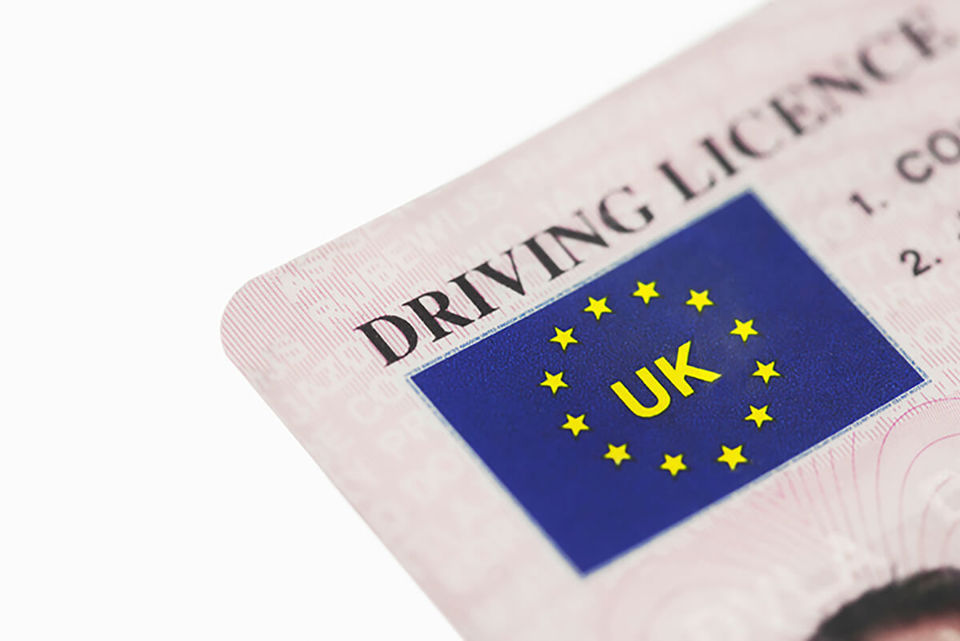Brake, the road safety charity, and the RAC have welcomed the Prime Minister’s suggestion that the Government will look into introducing graduated driver licensing in the UK.
Theresa May said she will ask the Department for Transport to look into the issue of graduated driver licensing in response to a question from Jenny Chapman MP at Prime Minister’s Questions yesterday (Wednesday, February 7.)
Joshua Harris, director of campaigns at Brake, said: “Ensuring that novice drivers have the skills and experience to drive safely on all types of roads, and in all scenarios, is an urgent priority.
“Our current licensing system is not fit for purpose and throws newly-qualified drivers in at the deep-end, at great risk to themselves and others.
“We are encouraged that the Government will look into the issue of graduated driver licensing, however, this process must result in positive change.
“Young and novice drivers are involved in a disproportionate number of road crashes and the introduction of a comprehensive Graduated Driver Licensing system is critical to reverse this trend.”
Brake is calling upon the Government to bring the UK’s licensing system in line with best practice worldwide, requiring a minimum of 10 hours professional tuition for learner drivers and introducing a novice license, with restrictions in place for two years after passing the practical driving test.
“We look forward to working with the Government on their review of this issue,” said Harris.
The RAC has been calling for a reform of driving education for young people and the introduction of graduated driving licences, with a minimum supervised learning period and restrictions on the number of passengers permitted in the car.
RAC road safety spokesman Pete Williams said: “This is a very positive step towards preventing the loss of young lives on our roads. The RAC’s Report on Motoring showed that 35% of young drivers felt the standard driving test does not cover all the skills required to cope with the demands of driving today, so clearly we should be exploring how to improve the learning experience.
“Evidence from other countries where some form of graduated driver licensing is used shows that it has been successful in reducing the number of collisions involving young drivers, but in order for it to be as effective as possible it has to be part of an overall package of measures including more extensive driver education.
"We welcome a common sense approach to driver education such as the recent decision to allow probationary licence holders to take lessons on motorway driving.
“Graduated licensing may also have a positive impact on insurance premiums and should bring about a welcome reduction in the costs for new drivers who are finding the cost of learning to drive, buying and insuring a vehicle prohibitive.”




















Login to comment
Comments
No comments have been made yet.